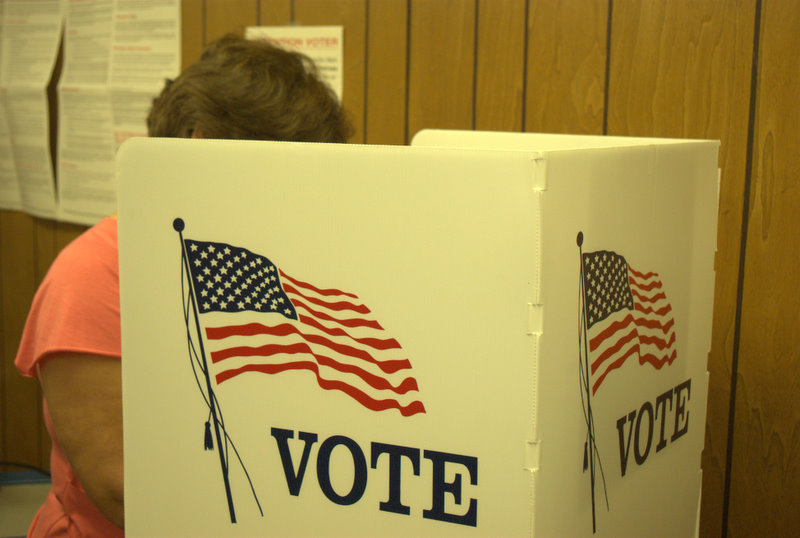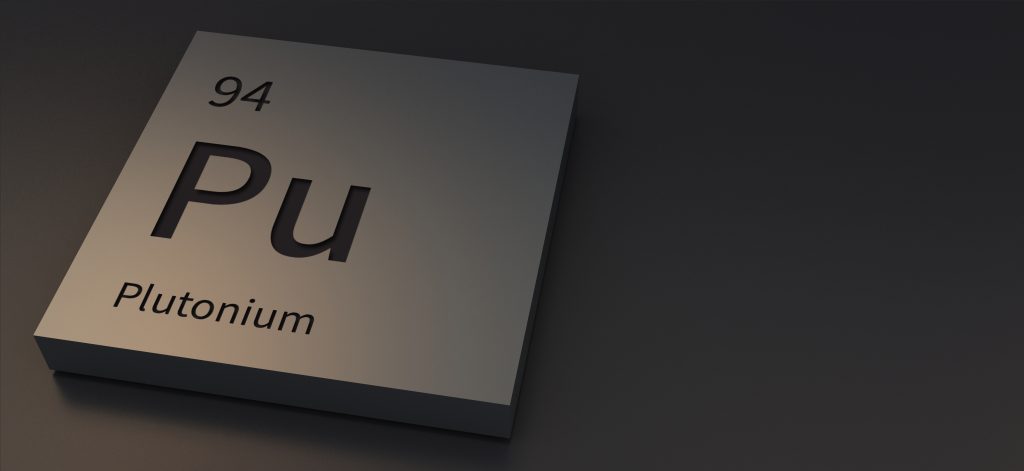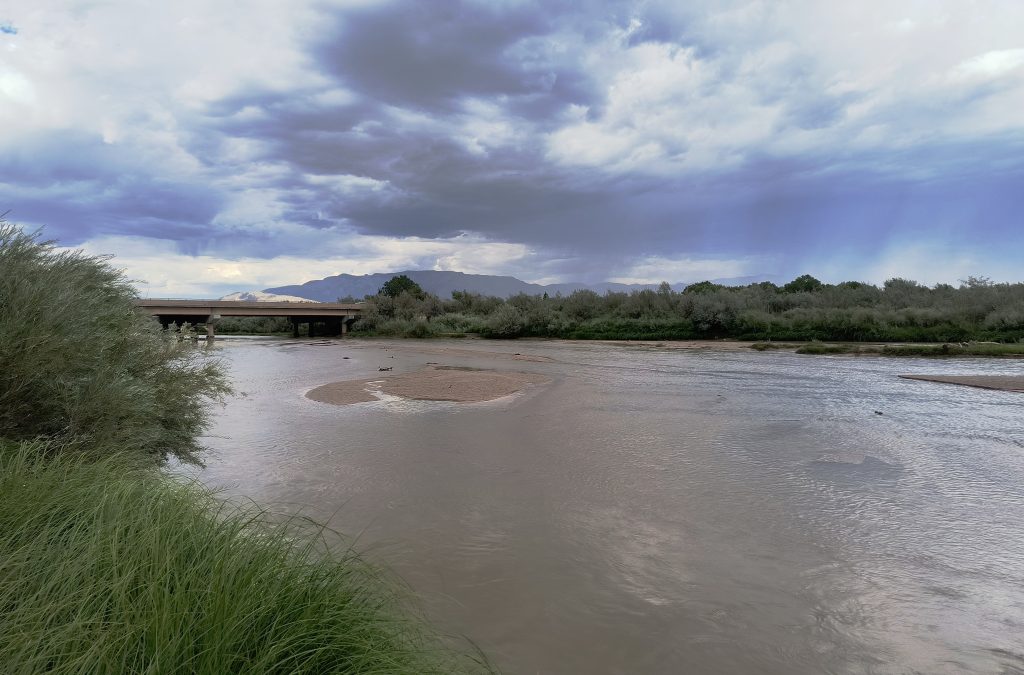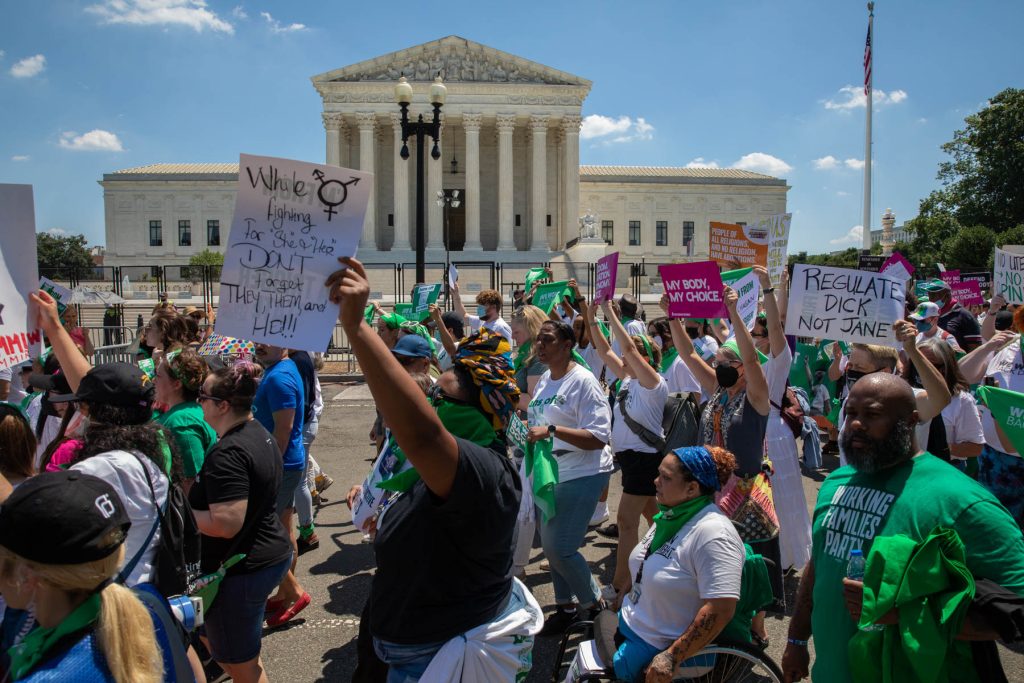Don’t worry, political parties. New Mexico is not going to cut you off. Not yet, anyway.
The Senate Rules Committee reined in legislation on Wednesday that would have required political parties pay for their own primary elections if independent voters are not allowed to participate.
Backers saw Senate Bill 418 as a sort of compromise in New Mexico’s ongoing debate over whether to open up its closed party nominating elections.
Currently, a voter must be registered as a Democrat to vote in the Democratic primary or as a Republican to vote in the Republican primary.
The bill would have given parties a choice of either allowing independents to vote in primaries or go it alone and figure out their own nominating elections not run by state and local officials.
It was, in part, a response to arguments that the state could not force parties to let independents into primary elections and the complaints of independent voters who contend they should not have to pay for elections in which they cannot participate.
But the Senate Rules Committee took that cudgel out of the bill on Wednesday. Instead, the bill would keep the public funding for primaries in place but gave the parties a choice of opening up primaries as the parties see fit.
“The political parties should decide with whom they would like to associate,” said Sen. Daniel Ivey-Soto, a Democrat from Albuquerque who suggested the change and has argued that requiring open primaries would be unconstitutional.
One in five voters in New Mexico is registered as an independent. And many races, from Santa Fe County sheriff to a number of legislative races around the state, are decided in the party primaries.
“That’s going to be some of the public pressure to open up,” said Sen. Mark Moores, a Republican from Albuquerque who sponsored the bill. “If they don’t, I think it will be a pox on both houses from independent voters.”
But other members of the committee were skeptical this would do anything to change the current process.
“It’s not going to put pressure on the Democratic Party or the Republican Party,” said Sen. Clemente Sanchez, a Democrat from Grants, arguing the state should let independents vote in primary elections.
Still, the change may well have been the only way it would pass out of the Rules Committee. The measure goes next to the Senate Judiciary Committee. As the legislative session nears its end March 16, however, opening up the primary process looks like a long shot.
Meanwhile, the state Supreme Court has declined to hear a legal challenge to the state’s closed primary process. That lawsuit argued it is unconstitutional to use public funds to pay for the nominating processes of private political organizations.
Ivey-Soto said that challenge was “impetuously filed by zealots” who “don’t want to pay attention to what the law really says.”
But giving parties a choice, he said, would avoid litigation against the state in the future.



















